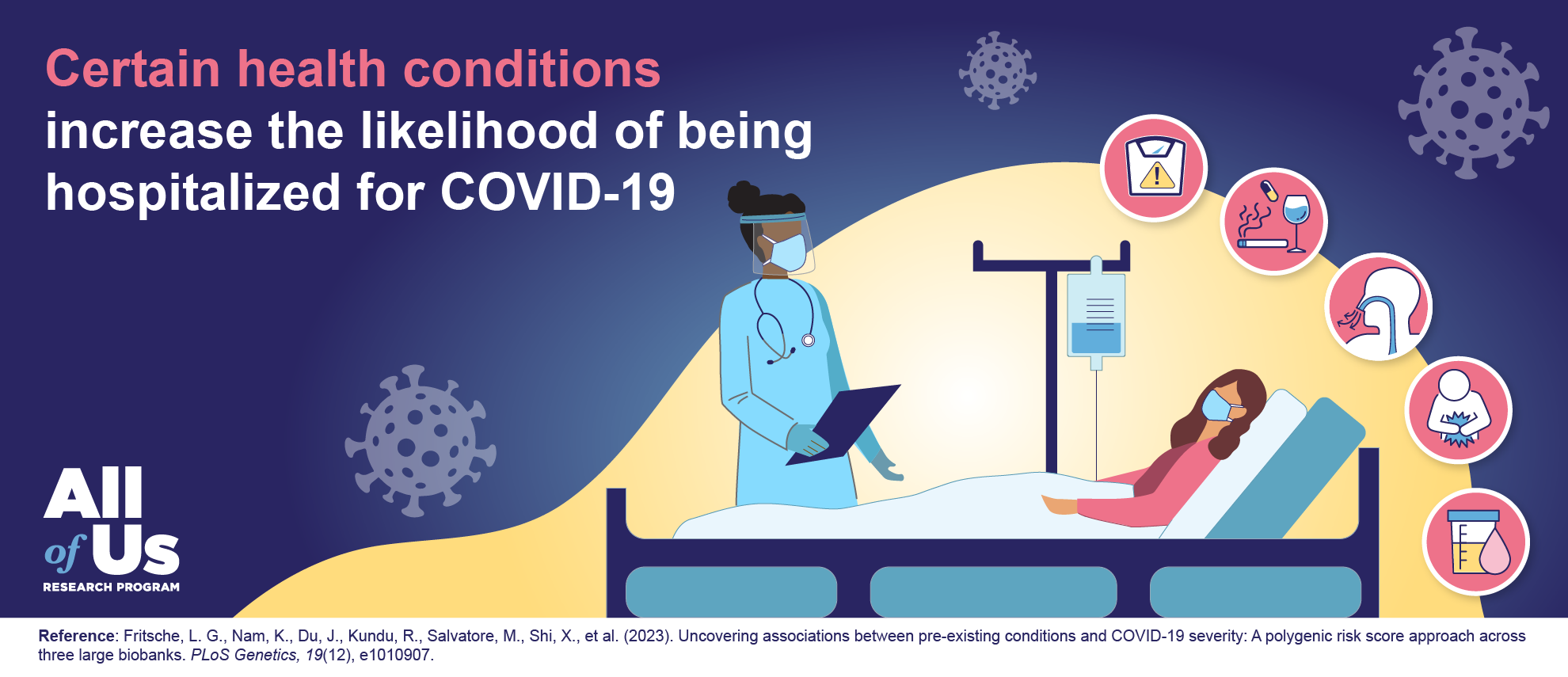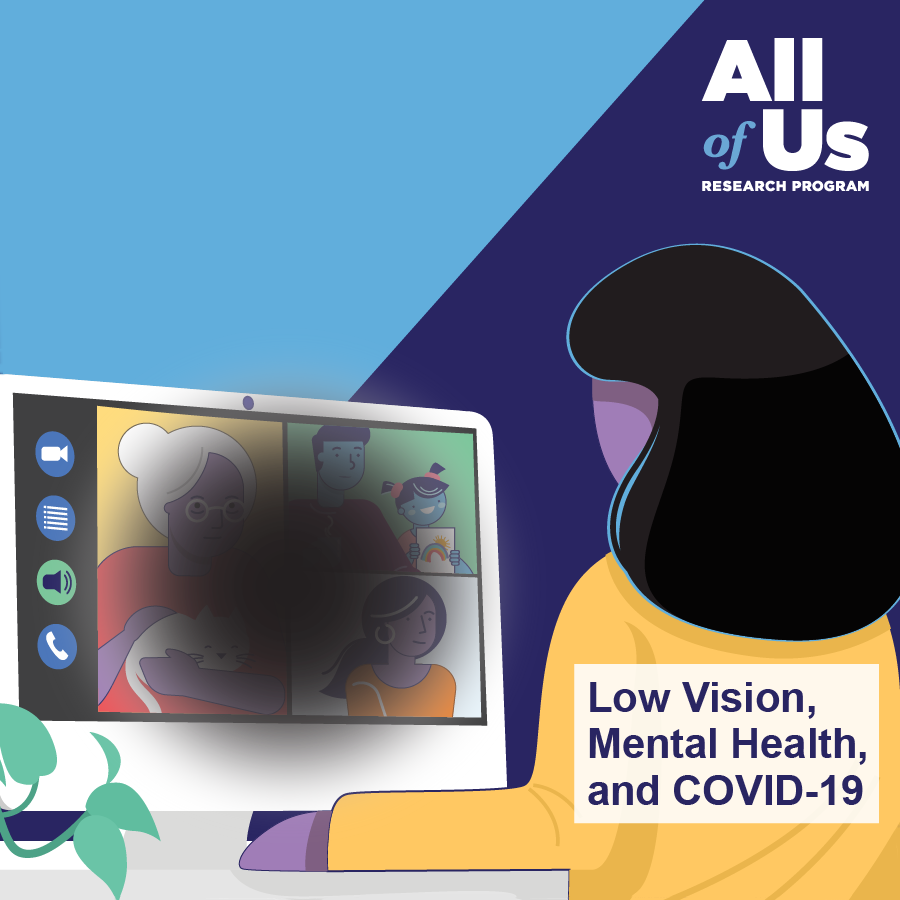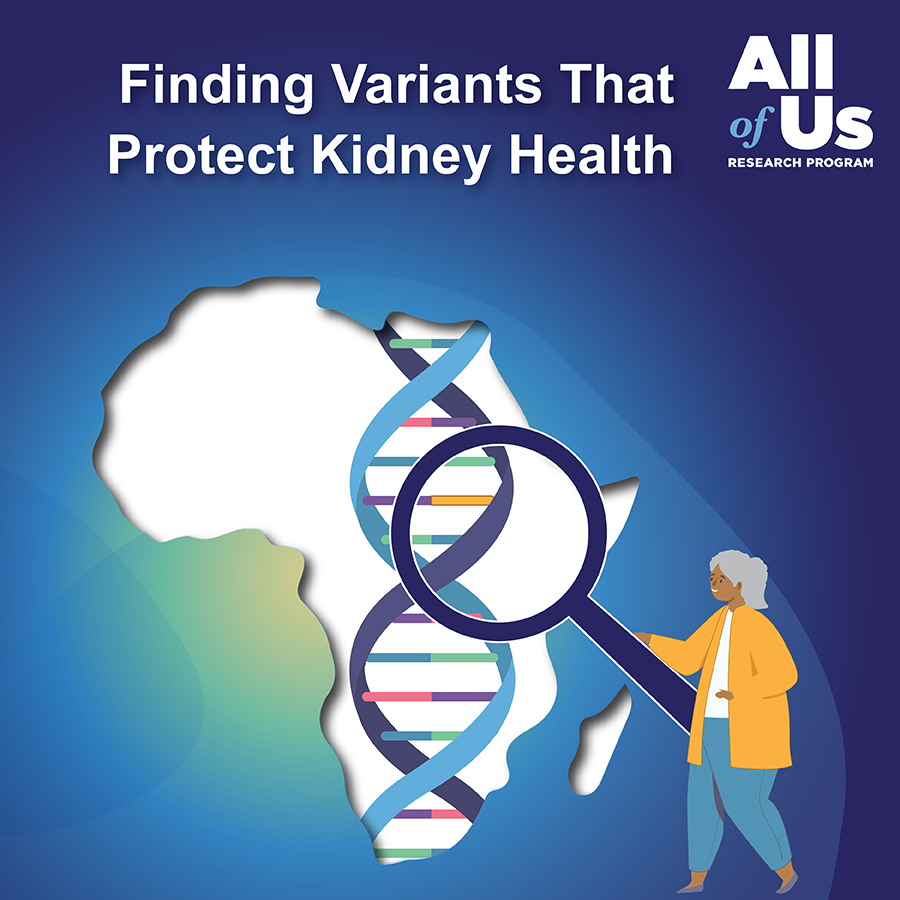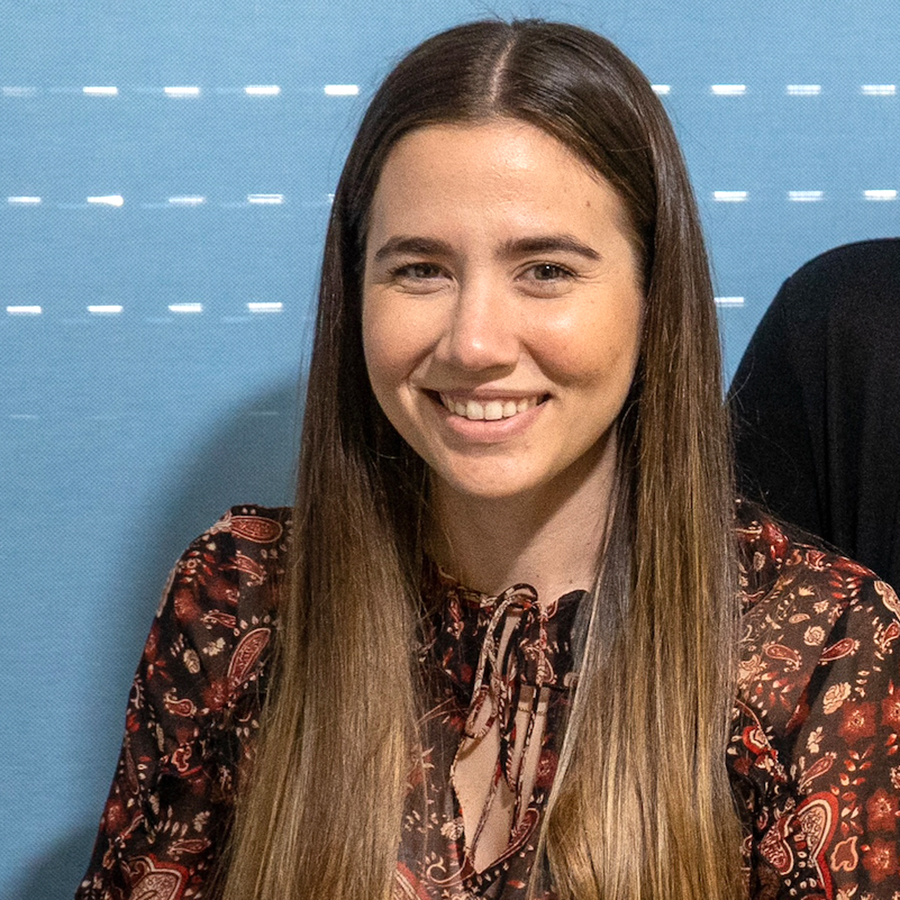
Key Points
- Research on data from All of Us and two other health databases linked certain health conditions to the risk of hospitalization for severe COVID-19.
- The study methods worked only for participants of European ancestry.
- Genetic data helps researchers study health risks when health records might be incomplete.
Scientists are still learning how COVID-19 affects people. For example, why do some people with COVID-19 have to go to the hospital while others have mild or no symptoms?
Researchers used data from All of Us and two other databases to study the health of people at risk for severe COVID-19. They used a new method for this study, applying a genetic tool as a marker of severe disease.
Obesity, substance use disorders, breathing problems, and other health conditions made it more likely that someone would have to be hospitalized because of COVID-19. These results were published in PLOS Genetics.
But this is just part of the picture. The researchers could uncover associated conditions only in participants of European ancestry. It is unclear if the same health conditions increase the risk of severe COVID-19 in people of other backgrounds.
Using Genetic Tools as Markers
Studies that use health records can be difficult to conduct. Health records from different places may not include the same data, or some data may be missing. In addition, not all records will make clear whether COVID-19 was the reason for a hospitalization.
For this study, researchers used a genetic tool called a polygenic risk score to show a person’s risk of being hospitalized because of COVID-19. Using this score lets participants with genetic data be included in the study even if their health records are incomplete. The same measure of severe disease was used for everyone in the study.
Three Biobanks Power New Research Together
The researchers looked at DNA and electronic health record data from more than 520,400 research participants of European ancestry. This included nearly 425,800 participants in the UK Biobank, nearly 47,300 in the Michigan Genomics Initiative, and more than 47,400 in the All of Us Research Program.
Twenty-seven conditions were connected to severe COVID-19 risk. One of the strongest associated conditions was obesity. Some of the other identified conditions are related to obesity and may not affect COVID-19 severity on their own. Even when researchers account for participants’ weight, severe COVID-19 is still associated with several conditions, including:
-
Substance use disorders, such as tobacco and alcohol use
-
Breathing disorders
-
Digestive system problems, such as stomach inflammation (gastritis)
-
High cholesterol (hypercholesterolemia)
-
Stomach pain
-
Blood in the urine
Most of the conditions found in this study, including obesity, smoking, and substance use disorders, had previously been linked to severe COVID-19. This helps us trust the new method.
Personalized Ways to Reduce Risk
Many of the health conditions found in this study can be identified during routine health care. The results of this research can help health care providers identify people at high risk for severe COVID-19 early.
However, this study has an important limitation: The findings apply only to people of European ancestry. When the researchers analyzed data from participants of other ancestries, they got unusual results. This could be because there was not enough data from people of other ancestries. Though All of Us data comes from participants of diverse backgrounds, data in the other two databases came mostly from participants of European ancestry. The unusual results could also have occurred because the currently available genetic tools work only for certain groups of people.
The All of Us database is uniquely diverse, and the program continues to enroll members of groups that have been left out of research in the past. Large databases with diverse genetic data like All of Us make it possible to develop genetic tools that work for diverse populations and to involve these groups in future studies so that we get a more complete picture of health risks.
Interested in All of Us?
- Read more research highlights.
- Learn about participation in the program.
Conduct research with All of Us
- Learn about opportunities for researchers.
- Find funding to support research using All of Us data.
- See more research projects made possible by All of Us data and tools.


